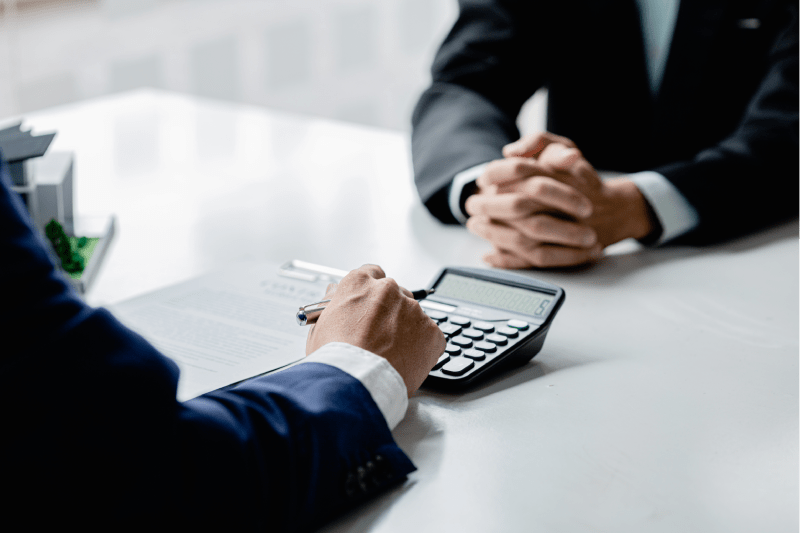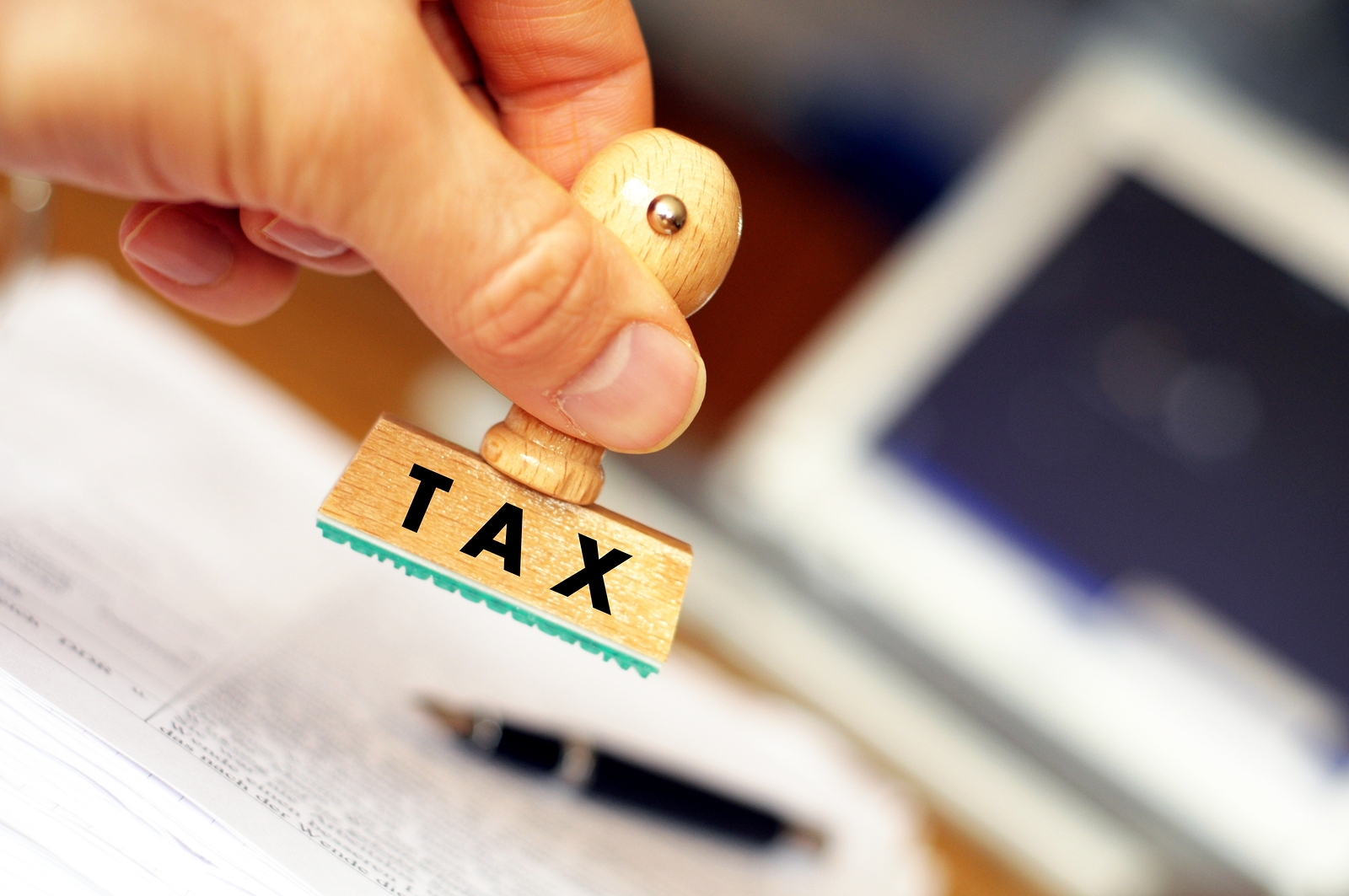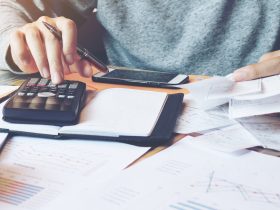Most self-employed people are required to submit Self Assessment tax returns every year. The process is time-consuming, sometimes a bit confusing and, let’s face it, pretty darn boring. It’s not always easy either. Completing and submitting a Self Assessment isn’t the most straightforward of tasks, especially if you’ve never done it before.
You don’t need to appoint an accountant, but it’s why some self-employed business owners hire an accountant to file their tax return for them, rather than spending time and risking errors by doing it themselves. If you do go for this option though, you’ll still need to do some preliminary work to provide your accountant with the information they need to submit a Self Assessment on your behalf.
If you don’t supply your accountant with all the information they need, it’s like expecting an artist to create a masterpiece without giving them any paint or paintbrushes to use on their canvas. Impossible, right?
What records should I send to my accountant?
This can vary depending on how and what you earn. If you’re unsure – don’t worry, you’re not alone! Your accountant will normally provide you with a guide, and then request any additional documents as needed, but we’ll go over some of the basic pointers below.
Personal information
Before getting down to the nitty-gritty of your accounts, you need to make sure your accountant has the correct and up-to-date info:
- Your National Insurance (NI) number
- Your Unique Taxpayer Reference (UTR) number
- Details of any changes to things like address, marital status, dependents, etc
Employment income and Benefits in Kind
To complete your SA tax return, your accountant will need to know if you’ve earned any income through employment or as a director of your own company.
They’ll normally ask for your P45 (which you get at the end of an employment) or P60 (which is issued after the end of the tax year) so they can see the gross salary you received and any taxes you have already paid, as well as other deductions such as student loan repayments.
You will also need to let your accountant know about any Benefits in Kind (or BiKs) you received during the tax period being reported. Some common Benefits in Kind include a company car, private health insurance and a gym membership.
You can provide your accountant with this information by sharing your P11D form with them, or your payslips.
Information about your pension(s)
Your accountant will need to know about any income you receive from pensions as well as any payments you make into a pension scheme. The latter being so you can claim tax relief on it, which you certainly don’t want to miss out on!
- Workplace or private pension: All the information your accountant needs will be detailed on your P60, or a certificate of pension paid.
- State Pension: Give your accountant your State Pension notification letter.
Self-employment income
You will need to make your accountant aware of any income you’ve earned through being self-employed. For example, as a sole trader, your share of the profits as a partner in a partnership, or what you pay yourself as the director or shareholder of a limited company.
This is typically done by providing your accounts and bookkeeping, along with any documents relating to money you have received personally from the business – such as a dividend voucher showing how much was paid out.
Other types of income
If you generate income from any source, this will also need to be shared with your accountant so they can include it in your Self Assessment – even though this might not mean you need to pay tax on it!
Below are some examples of income you could be earning, and the documentation your accountant may require if you need to declare it on your SA return.
- Interest from banks and building societies – certificates of interest and tax deducted.
- Property-related income – For instance because you rent out a room or have a holiday let, Your accountant will need statements of income and expenditure.
- Gift Aid – the name of the charity as well as the amount in Gift Aid and the associated dates.
- Dividends from UK companies – dividend/distribution vouchers that show what was received, the date it was received and the tax credit.
- Qualifying loans and mortgages – lender’s statements showing the interest paid and the tax relief.
- Anything earned from trusts, settlements, Deeds of Covenant or estates – lender’s statements showing the interest paid and the tax relief.
- Pension contributions you have made – payment details and policy documentation.
- Overseas income – dividend vouchers.
Capital transactions
Your accountant will also need to know about anything relating to capital transactions, where applicable, in order to complete your Self Assessment.
Capital transactions are those that involve the purchase, sale or trade of long-term assets, liabilities or investments. The information you’ll need to share with your accountant includes:
- Disposal of a main residence if a proportion is used for business purposes
- Disposals where gains go over £3,000 (for the 2025/26 tax year)
- Capital losses to be claimed
- Share securities bought, sold or taken over
- Property disposals and/or acquisitions
- Any additional chargeable disposals worth more than £6,000
When is the best time to share information with my accountant?
As somebody who submits Self Assessments, you’ll be aware of the tax return deadline dates. It’s important to remember that these are the deadlines for final submission, not the dates you should be providing your accountant with information by!
Make sure you get everything to your accountant sooner rather than later, so they’ve got plenty of time to get your tax return done on time. You could even consider asking your accountant to let you know when they’d like to receive the information from you.
Accountants are clever people but they aren’t mind-readers, so they won’t necessarily know something about your financial situation if you don’t tell them.
The more accurate information they receive from you, the more stress-free and smooth your Self Assessment submission will be.
On the hunt for a new accountant? Compare accountancy packages to get started.








